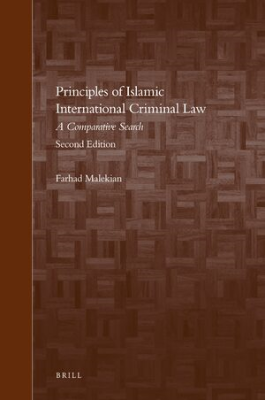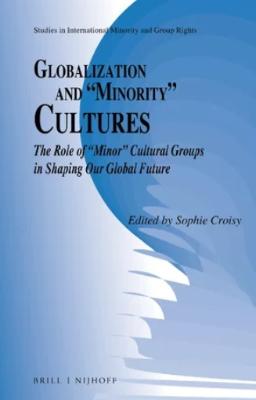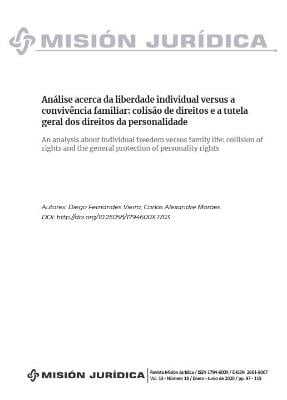
|
Principles of Islamic International Criminal Law: A comparative search
While the system of international law is improving enormously and certain legal provisions are becoming an integral part of jus cogens norms, this body of law must be studied together with other systems which have basically been effective in its development. The principles of the rule of law must be evaluated collectively rather than selectively. In fact, most Islamic nations have ratified the ICC Statute. They have thereby contributed to the establishment of the pillars of morality, equality, peace and justice. At the same time, those pillars may be strengthened by means of an accurate interpretation of the principles of international criminal laws by all parties. The objective of these comparative philosophies is to examine their core principles, similarities and differences. The intention is to indicate that the variation in theories may not obstruct the legal implementation of international criminal law if their dimensions are judged objectively and with the noblest of motives towards mankind.
|

|
Globalization and “Minority” Cultures: The role of “minor” cultural groups in shaping our global future
Globalization and “Minority” Cultures: The Role of “Minor” Cultural Groups in Shaping Our Global Future is a collective work which brings to the forefront of global studies new perspectives on the relationship between globalization and the experiences of cultural minorities worldwide. These perspectives are crucial to the process of questioning contemporary global values and practices, and contribute to current debates in a variety of fields (politics, education, culture, the economy, etc.) on the causes, consequences and future of globalization. The book develops new theories and practices of transculturality that link different theoretical and cultural spheres (“minor” and “dominant”) in order to formulate new discussions and propositions about appropriate responses to give in defiance of the adverse effects of globalization.
|
|

|
Análise acerca da liberdade individual versus a convivência familiar: colisão de direitos e a tutela geral dos direitos da personalidade
Este trabalho tem por objetivo analisar os direitos à liberdade individual e à convivência familiar, voltando-se para uma possível colisão de direitos diante do eventual não querer conviver do genitor para com a prole. A hipótese a ser enfrentada é a de se realmente existe uma colisão de direitos fundamentais ante a tutela geral dos direitos da personalidade e um limite dos limites. Para tanto, o presente estudo se valeu do método hipotético-dedutivo, fundamentado em revisão bibliográfica que, por meio do material coletado, intentou compreender os valores da Constituição Federal de 1988 e o seu caráter protetivo da criança e do adolescente. Conclui-se, portanto, que atualmente é inegável a relevância da convivência familiar para o desenvolvimento e o crescimento dos filhos. Logo, incumbe aos pais o dever jurídico de garantir e efetivar os direitos infanto-juvenis, não havendo discricionariedade neste âmbito. Assim, há uma simples colisão aparente de direitos e não uma colisão real, em razão do direito à liberdade individual não abarcar esta situação fática e jurídica.
|
|
|
International law and sexual violence in armed conflicts
The title of this book refers to sex crimes in a manner that is gender neutral, perhaps implicitly confi rming a tendency of modern law to consider that ‘gender crimes’ may be committed by various permutations and combinations of off enders. But if there is any doubt in the title, the substance of the volume makes it abundantly clear that this is a book about victims who are women and perpetrators who are men. That, indeed, is the very unfortunate reality of such crimes in our modern world. It seems especially true in the context of armed conflict.
|
|
|
2020 Human development perspectives: Tackling social norms. A game changer for gender inequalities
Gender disparities are a persistent form of inequality in every country.1 Despite remarkable progress in some areas, no country in the world— rich or poor— has achieved gender equality. All too often, women and girls are discriminated against in health, in education, at home and in the labour market— with negative repercussions for their freedoms.
This is the time for a reality check. The commemoration of the 25th anniversary of the adoption of the Beijing Declaration and Platform for Action (Beijing+25) provides an opportunity to reassess the path to gender equality and adjust actions to close gender gaps.
|
|
|
|
|